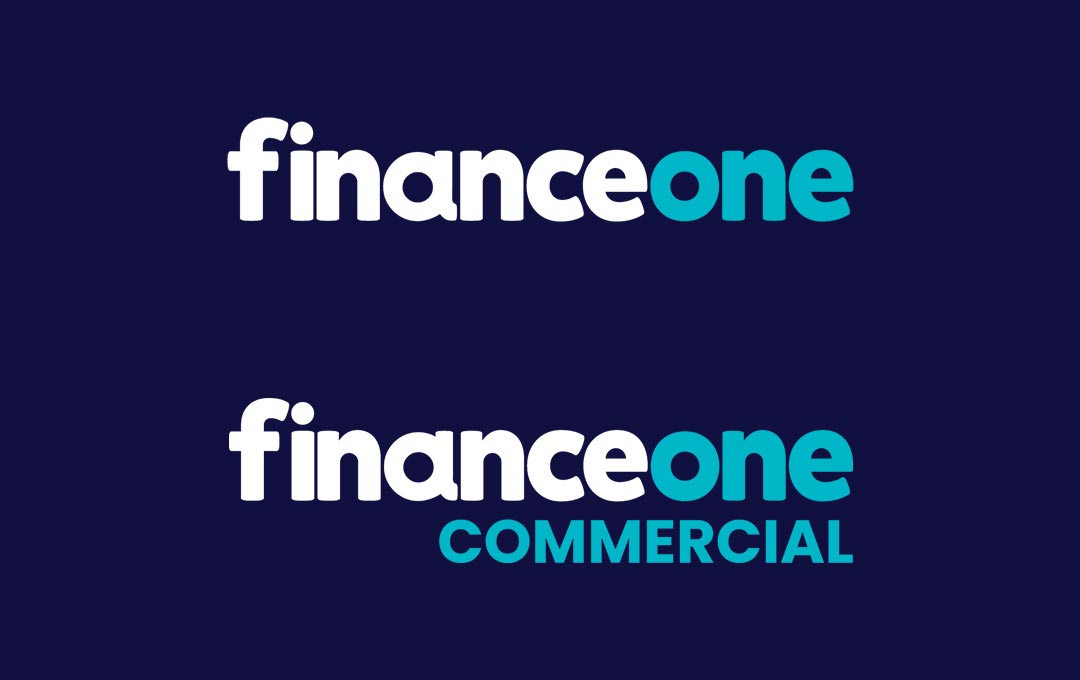You’re thinking about getting a loan to buy a car, but you’ve been told you need comprehensive insurance before you do so. But what is comprehensive car insurance, and why do you need it?
Talk of insurance rarely excites anyone, but the truth is, insurance is important and could save you thousands of dollars in the long run, not to mention a lot of headaches.
There are different types of insurance, but comprehensive insurance gives you the most coverage.
What is comprehensive car insurance?
Comprehensive Car Insurance helps pay for repairs or replacement of your vehicle if it is stolen or damaged. Comprehensive Insurance is superior to other types of car insurance cover because it covers damage incurred by the car owner (in addition to third parties).
Depending on the policy, some comprehensive car insurance policies come with optional extras like roadside assistance or a temporary replacement car or hire car.
Why do I need comprehensive car insurance?
Accidents happen; there’s no avoiding it, it’s simply a fact of life. The reality is that minor mishaps or accidents are likely to occur throughout your driving career.Car loans can help you afford the freedom that comes with a new set of wheels. Comprehensive insurance is a part of that journey.
Apply for Vehicle FinanceWhat type of car insurance should I get?
Many new car owners are bamboozled by all the different car insurance policies and premiums on offer. Luckily, it’s not as complicated as it seems. It’s worth taking a bit of time to understand the differences between the main types:Compulsory Third Party
By law, you must have compulsory third party insurance (CTP). This is also known as a Green Slip in New South Wales and Transport Accident Charge in Victoria. Brand new cars bought within your state or territory from a dealership automatically include CTP. The same is true with second-hand cars that are already registered. Depending on what state your car is registered in, it may be compulsory for you to purchase CTP insurance at the time of paying your registration.- CTP is the most basic form of insurance. It only covers you, and any other people involved, for physical damage to other people’s property due to a car accident caused by you.
- CTP provides you with cover for damage to other people’s vehicles caused by your car. CTP provides you with cover for damage to your car caused by other people.
- CTP covers physical damage to vehicles only.
Comprehensive insurance
Gives you the extra cover you need on top of CTP. It covers damage to your own vehicle and to other people’s vehicles or property if you are at fault.- Comprehensive cover may be optional, but it can be well worth the extra cost as it can save you from paying out huge repair bills. It can also provide cover if your car is stolen or damaged due to fire, storm or flood. Plus, Comprehensive Car Insurance is a prerequisite for almost any car loan.
- The insurance premium for a comprehensive car insurance policy will vary depending on your age, your previous claims history, the type of vehicle and other factors.
- Comprehensive car insurance covers third party property damage and also damage to your own car.
Third party property insurance
When you’re shopping around for insurance, you may also see this option as a type of cover. It is a no-frills insurance option and generally only covers damage caused to someone else’s car or property, but not yours.- Your insurance provider may offer the option to upgrade to third party property, fire and theft cover. This covers your vehicle up to an agreed market value for damage by fire or if your car is stolen.
- Third party property insurance is usually taken out by people who drive a very low value car that isn’t worth paying insurance premiums to cover, but they’d like the protection when it comes to damaging other people’s property.
- Third party property covers damage to the other person’s car, but not your own.
Example Case Study*
Here’s an example of how comprehensive car insurance cover worked for ‘David’:Fortunately, he had comprehensive car insurance.
David passed on the details of the other driver to his insurer. David and his insurer arranged payment for the repairs to the other driver’s car valued at $7,000 and also paid for a replacement front bumper and lights on his own car, worth $1,500. Because David had comprehensive car insurance, he only had to pay an excess of $500.
In total, the accident cost David $500 (plus a missed workout), instead of $8,500. His insurance premiums that year had cost him less than $1,000.
Insurance is a product that costs money, however, it’s the type of product you’ll be very happy never to use. While insurance premiums might seem expensive, it can be substantially cheaper than damaging someone else’s car when you can’t afford to pay for it. The peace of mind provided by having insurance protection could be well worth the cost.
Car loans can help you afford the freedom that comes with a new set of wheels. Comprehensive insurance is a part of that journey. And as we discussed, it’s a very useful safety net to fall back on in the event of an accident.
New car ownership could be just around the corner. If you’d like to explore or enquire about a smart road to a second chance at a car loan, then your journey could begin with Finance One. Phone us today on 1800 346 663 or apply now!
Apply for Vehicle Finance*This example of a case study does not take into consideration your individual situation or circumstances and should be used for example purposes only. You should consider seeking independent legal, financial, taxation or other advice or consulting your insurance provider to check how the information relates to your particular circumstances.
Disclaimer: The information above is of a general nature only and does not consider your personal objectives, financial situation or particular needs. You should consider seeking independent legal, financial, taxation or other advice to check how the information relates to your particular circumstances. We do not accept responsibility for any loss arising from the use of, or reliance on, the information. All new loan applications are subject to normal lending criteria. Fees and charges payable. Terms and conditions apply.




